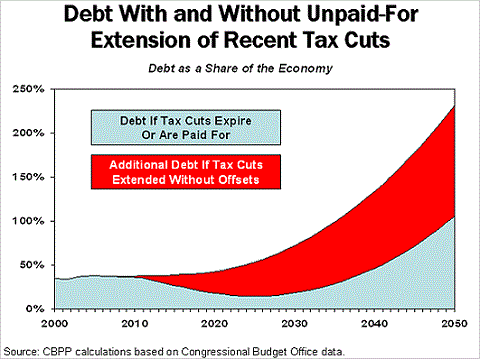Cancel 2018. 3
<-- sched 2, MJ sched 1
The logic behind deficit spending on, say, infrastructure is similar to a family man being out of work. He's unemployed and his wife is working. The man can sit at home and do nothing while he continues to cost money (food, clothes, a few beers) or they can borrow some money and he can build a deck or finish the basement or paint the interior of the home. When he returns to work he starts to pay back the loan. If he did none of those things and waited until he was working he wouldn't have time so he would have to pay someone else to do them.
The same applies to governments. Now is the time to get contracts as contractors are looking for work. Their rates will be lower than during a busy season. The men they hire will stop receiving unemployment or welfare and start doing something for their money. It's a win-win situation.
When the economy picks up and wages/contractor rates climb the government won't require as many contractors. The government will save money by not requiring expensive contractors plus they will have saved money by not paying welfare and other benefits and getting nothing in return.
For example, let's say a skilled worker makes $50,000/yr. If he has a family of four to support he may collect $900/month on welfare and $500 worth of food stamps. (http://www.welfareinfo.org/payments/) $1400/month X 12 months = $16,800/yr.
If he is hired the government will be getting a $50,000/yr employee for $33,200/yr. as they are already paying $16,800. ($50,000 - $16,800 = $33,200)
while the theory works....in theory
does it ever have a climax? in that....how long do you continue to borrow? how much can you continue to borrow? the 80's, 90's and most of the 00's saw americans and the government spending like drunken sailors....many state and local governments now admit this, the federal....nah....the money is endless....
states have had to face reality and cut budgets, counties likewise, granted, they don't operate the same as the feds....however....why is it the federal government gets a pass? at some point does lending become disasterous for the country? if so....when...if not....why?


